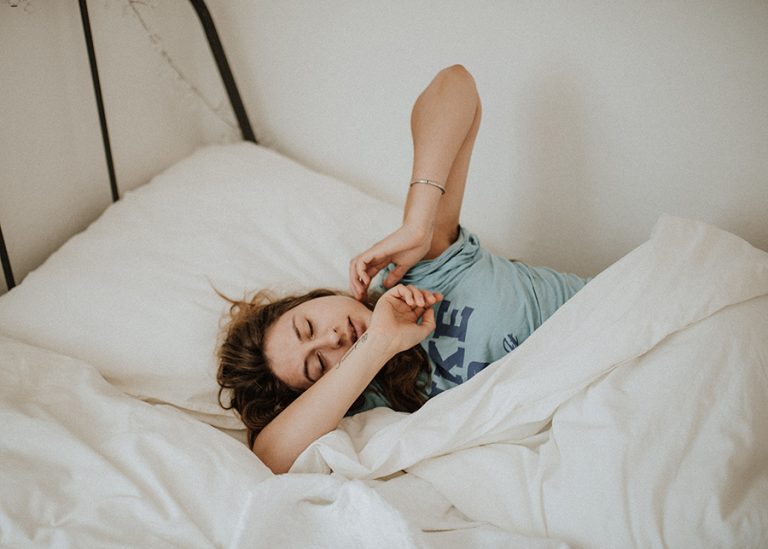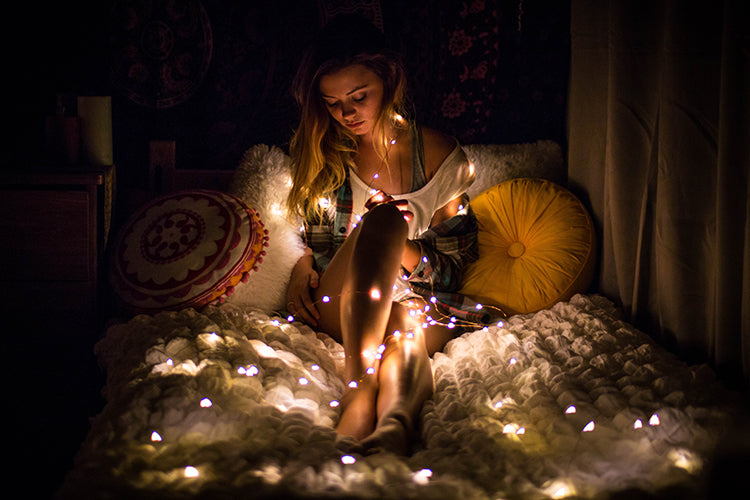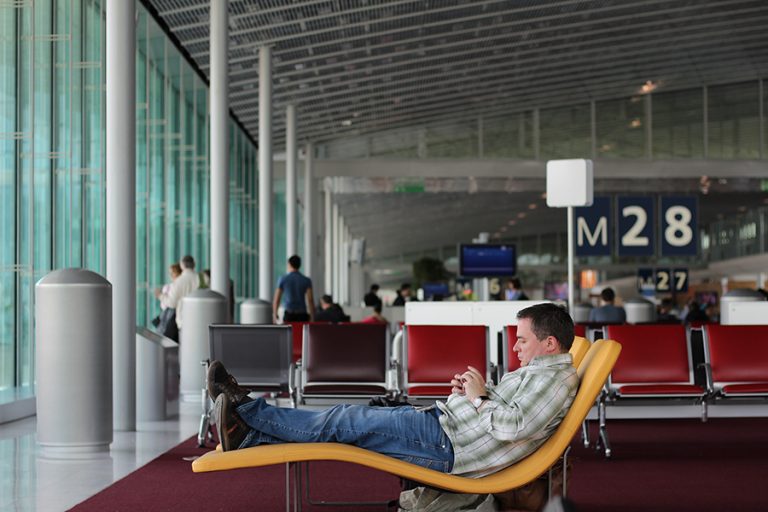
How Practicing Proper Sleep Hygiene Can Help You Fall Asleep Faster
 For many people, the term “sleep hygiene” is a foreign one. Hygiene tends to be associated with taking care of your physical cleanliness and appearance. However, according to Merriam Webster, the definition of hygiene is simply, “a science of the establishment and maintenance of health.” So sleep hygiene is the process of maintaining healthy sleep.
For many people, the term “sleep hygiene” is a foreign one. Hygiene tends to be associated with taking care of your physical cleanliness and appearance. However, according to Merriam Webster, the definition of hygiene is simply, “a science of the establishment and maintenance of health.” So sleep hygiene is the process of maintaining healthy sleep.
For some people, sleep comes naturally and their actions don’t seem to affect their ability to sleep. However, for millions of Americans who don’t get enough sleep, it is helpful to take certain measures to give themselves a better chance of getting a good night’s sleep. If you want to sleep better, here are some steps you can take to improve your sleep hygiene.
Find a Nighttime Routine
Bedtime routines aren’t just for children. If you have a hard time falling asleep, one simple step you can take is establishing a bedtime routine. This can help your body know it is time to start winding down and sleep is coming soon. According to an article from Northwestern Medicine, there are many benefits to establishing a routine, one if which is better sleep. The article shares,
“Your sleep schedule and bedtime habits affect your mental sharpness, performance, emotional well-being and energy level. It’s best if you can maintain a consistent time for waking and going to bed.”
As far as a sleep schedule goes, Northwestern says your body will fall in sync with your natural Circadian Rhythm when you establish a regular bedtime and waking time.
Your bedtime routine should include things that soothe you and help you wind down. Some people choose to take a shower or bath each night, drink a cup of herbal (non-caffeinated) tea, use soothing essential oils, wash their face, and brush their teeth.
Things to Avoid When Practicing Good Sleep Hygiene
Some of the things to avoid probably seem obvious, while other pointers are not as obvious. Although many people have a habit of watching TV before bed, if you have trouble falling asleep this may be something to avoid. The same article from Northwestern states that television, computer screens, and backlit devices can actually suppress melatonin levels which can affect your ability to sleep.
Many people who have trouble sleeping find food and drink can be some of the culprits. Eating a heavy meal before bed can keep you up. Try keeping dinner a little earlier in the evening so your digestive system is ready to rest when you are.
Caffeine is something so common in our society but everyone has different tolerances to it. Some people can drink a cup of coffee after dinner and it doesn’t phase them. Others can’t sleep if they consume caffeine or other stimulants like chocolate any time later in the day. Listen to your body and find what works for you. Shopnaturally.com details several other foods and drinks to avoid if you need to take it easy on stimulants.
Other Helpful Tips
After establishing a consistent bedtime routine, avoiding screen time before bed, and avoiding heavy meals and stimulants later in the evening, there are still a few more things you can try. Journaling before bed helpful, especially if you are one that can’t fall asleep because your mind is full of thoughts from your day or things you are trying not to forget for tomorrow.
And another thing we know facilitates proper sleep hygiene is having pillows that are actually comfortable and designed to meet your sleeping needs. Our website clearly articulates which pillows would be best for you based on how you sleep and if you have any allergies.
We hope this guide to healthy sleep hygiene gives you some ideas of things you can try to get a better night’s sleep. For more information about Queen Anne Pillows that will help you get a good night’s sleep contact us today.
Photo by Kinga Cichewicz on Unsplash


